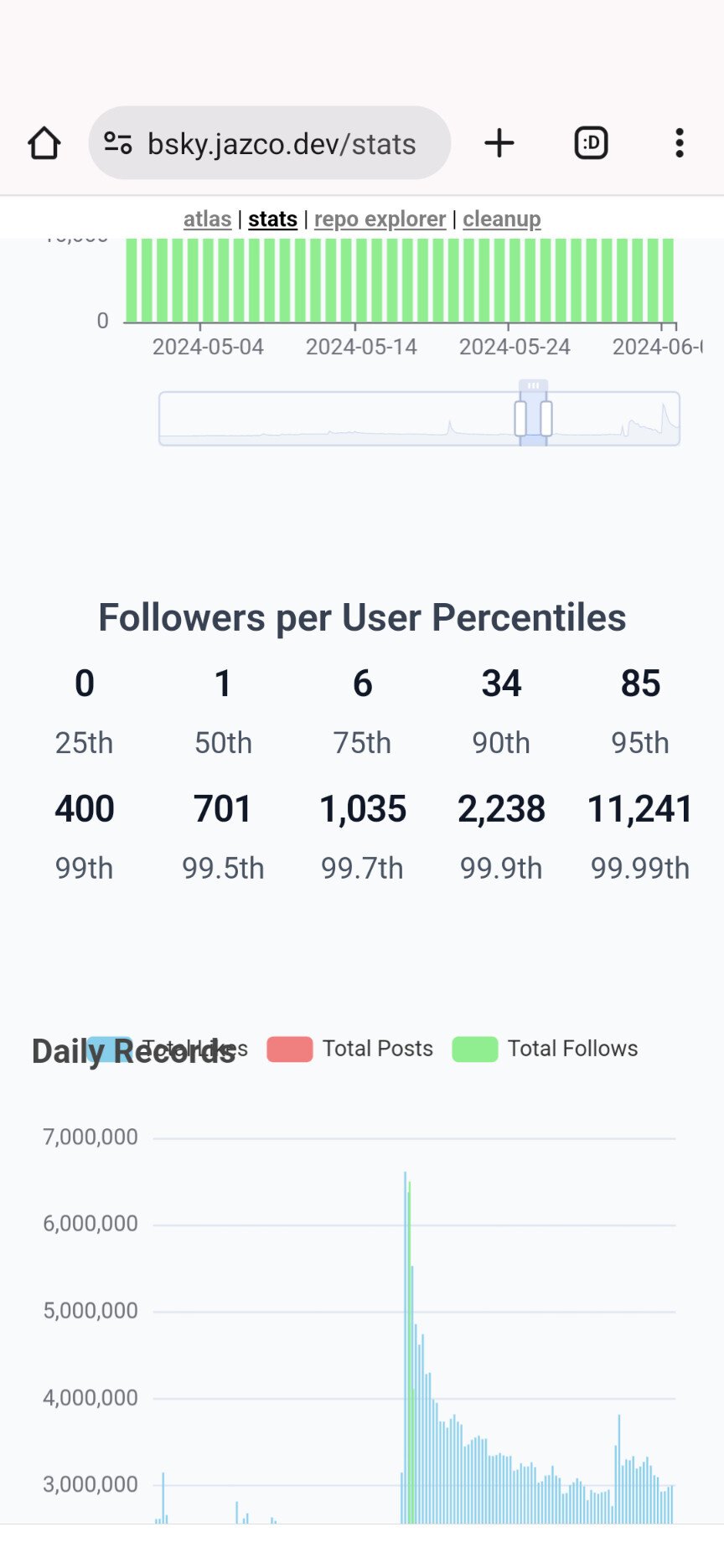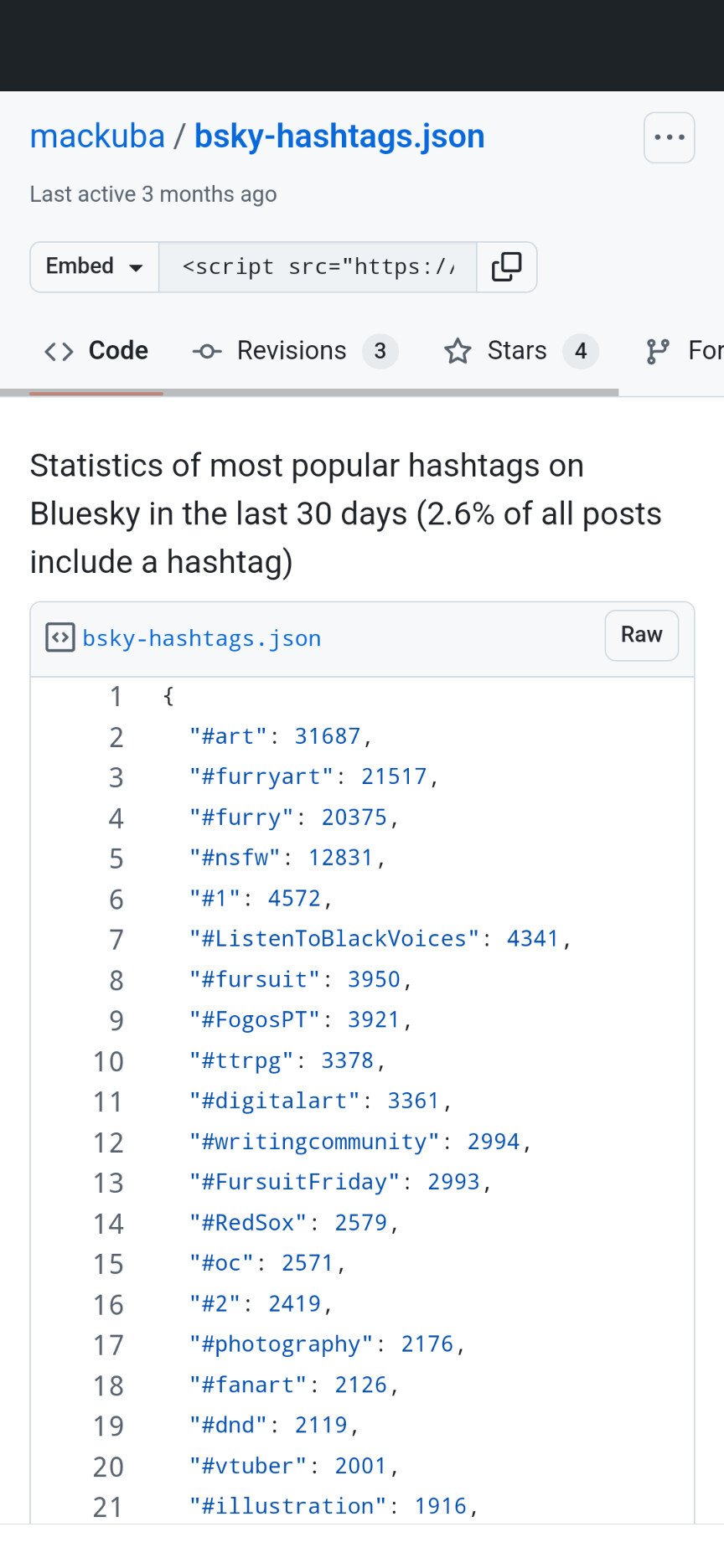“We need policies that keep middlemen weak.”
stood out to me.
Many of my influences have railed against middle men, and I think that’s unfair. I’ve worked with plenty of middle men that made everyone then better off.
I’ve also had the unique displeasure that at least half of all links shared with me in recent years have been to a site called “Instagram”, where I am unable to access the content without an account (which I refuse to make because Zuckerberg is a creepy stalker.)
I find it deeply weird that such a locked ecosystem now controls so much attention.
I find Cory Doctorow’s thoughts on the problem and potential solutions to be both hopeful and cathartic.
We also need competition and for decades now the offices that were supposed to safe guard us from monopolies have been green lighting again and again mergers and acquisitions that result in only one or two dominant players in every market. There should be a blanket rule that if there are less than 10 companies (of somewhat similar scale) operating in some market none of them are allowed to merge or acquire each other.
Yeah. We desperately need anti-trust laws to actually be enforced. I think we’ve proven that nuanced and thoughtful rules don’t cut it, so I’m in favor of some deeply restrictive new rules that are impossible to mis-interpret.
I also think we should create laws with immediate financial incentives for breaking up monopolies.
I’m essence, we need a law that I, as a random citizen, can just climb into any parked Amazon truck and take it home.
I think Amazon would be a lot more interested in splitting the company along appropriately legal lines if the alternative was the owned capital just getting declared public property on a random Tuesday next year.
So I was spitballing some ideas around this a while back, although I was more focused on income inequality at the time. I think the best idea I came up with was something like a progressive taxation system where a company’s taxes were determined by the highest paid employee (including the value of benefits and things like stock grants) minus the lowest paid employee, divided by the company head count. If executives want to keep bringing in eye watering salaries they either need to pay all their employees significantly more, or hire a hell of a lot more of them at current rates. There’s probably some flaws and things that could be tweaked there, but I think it’s a start.
Doctorow is a gem. Great article, thanks for posting. I basically agreed with everything he said.
He also writes fiction, if you’re into that.
I think the author was too generous, the majority of signups are bots/AI mixed with super casual side accounts. 2.2 million Brazilians sign-up in a couple days? I call bullshit. Even if that were true, they signed-up and don’t use it. Why do I believe that?
It’s because the awesome account I follow Quanta Magazine gets 20 hearts/likes/whatever and often less than 10, with 0 or 1 comment. Super weak interaction across the whole platform if you check out accounts that should be popular.


I find the intermediary classification a bit unconvincing and perhaps unintentionally misleading. It sounds like a nice framework to look at the world and it does describe the particular domain alright and it allows for drawing useful conclusions. Unfortunately solving the problems it highlights would produce marginal gains because I think intermediaries as described are just a special case of something more general. Firms of any kind are acting as intermediaries in the exchange of the products of people’s labor. The effects are all the same, these intermediaries make the exchange easier at the expense of keeping some of the labor products from one end or the other, but usually both. It seems to me that the problem of the platform intermediaries power is just a special case of the power of firms over labor. Which really reduces to the problem of the power of capital over labor. If we somehow solve the platform intermediaries problem, we leave the general problem unsolved. And then if we don’t think in terms of the general problem, we can’t even solve the special problem because the tools needed are controlled by capital. That is the lawmakers who could change the law are paid by the powerful intermediaries (firms) and not by the people on either end of the intermediaries. If we hope to ever solve any of this I think we have to look at the world through the general lens and focus on ways to reduce the amount of capital accumulated by firms from people’s labor. Fortunately there are well known solutions for that and they’re actionable for most people.
Plus, check this out. The platform says I have 12 followers but only 4 show up. Major problems over there.

oof they picked the wrong week to stop sniffing glue




